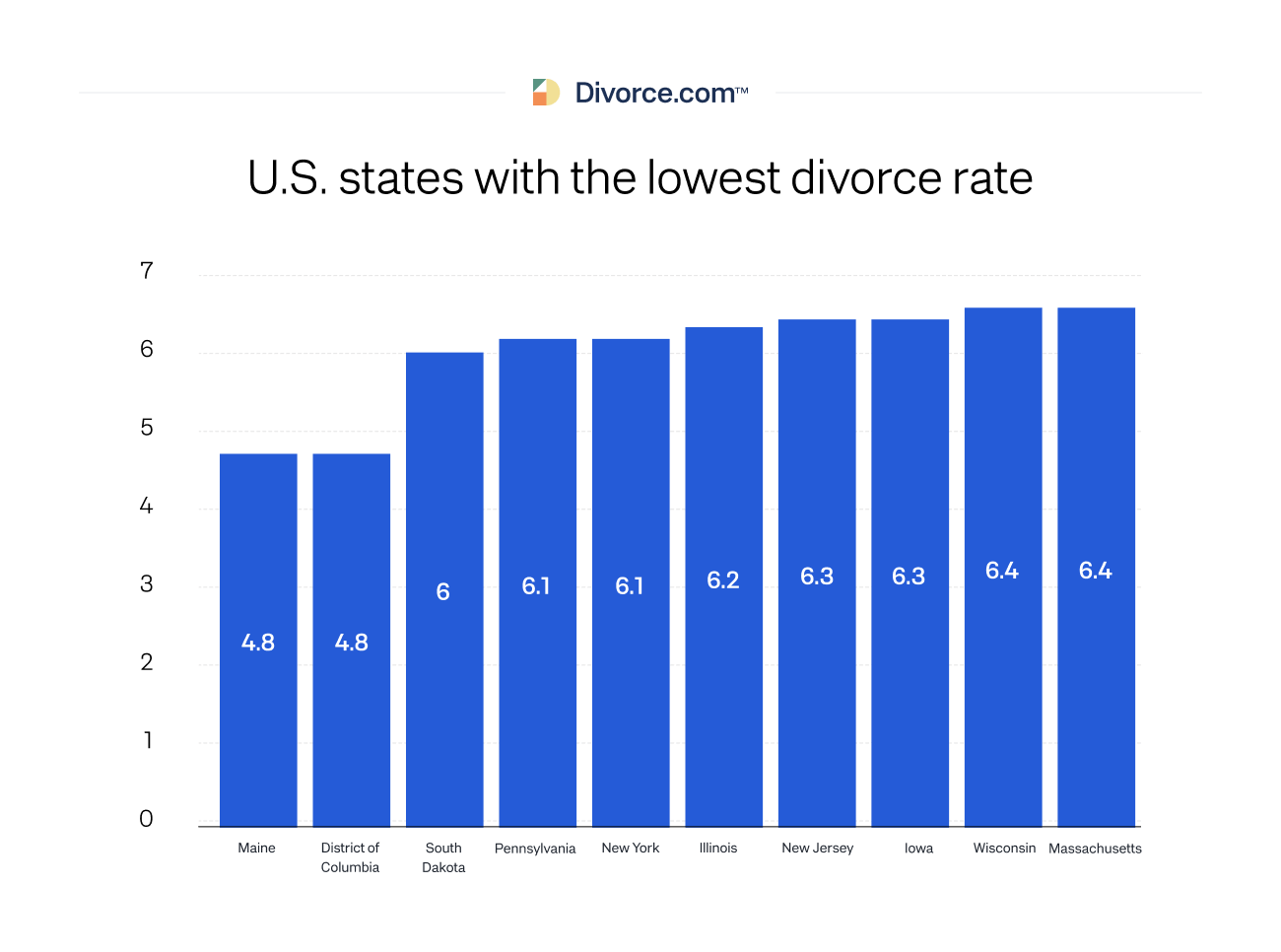The Role of Mediation in Resolving Family Law Disputes
Family law disputes can be emotionally and financially taxing for all involved parties. Fortunately, mediation can help.
Divorce Mediation is a peace-making practice dedicated entirely to couples committed to approaching the end of a marriage with honesty, integrity, and reason.
The aim is for divorcing spouses to reach constructive divorce settlements by avoiding litigation’s emotional and financial toll and without court intervention.
In this blog, we will explore the role of mediation in resolving family law disputes. Here’s what you need to know.
What is Mediation?
Mediation is a form of alternative dispute resolution (ADR) that involves a neutral third party who facilitates communication between the parties to help them reach a mutually beneficial solution. Unlike a judge, the mediator does not make decisions for the parties; instead, they help the parties reach their agreement.
Mediation typically begins with both parties meeting with their mediator to discuss the issues at hand. The mediator then facilitates communication between the parties, helping them to identify and address their concerns. Once an agreement is reached, the mediator will draft a written contract that both parties can sign.
In some cases, mediation may not be successful. However, even in these situations, the parties may better understand each other’s positions and concerns, making future negotiations more straightforward. Let’s take a look at some of the benefits of mediation.
1. Cost Savings
The rising costs of divorce have made it increasingly difficult for couples to pursue traditional litigation. However, mediation offers a more cost-effective alternative to conventional litigation, allowing parties to save on legal fees and avoid the costs of lengthy court battles.
According to data from the Bureau of Labor Statistics, the cost of legal services increased by 4.9% in March 2023 compared to the same period last year. With inflation rates remaining high, the cost of divorce will likely continue to rise, making mediation an attractive option for those seeking a more affordable way to resolve family law disputes.
2. Flexibility
When parties opt for traditional litigation in family law disputes, they are at the mercy of the court’s calendar. A judge has multiple cases on their docket and will determine the day and time of an appearance. Because of this, it could result in a delay of weeks or even months. Mediation, on the other hand, allows the parties and counsel to weigh in on scheduling and how the case is to be heard.
In some situations, the proceeding might be a hybrid, in that some individuals appear in person and others participate remotely. This flexibility allows parties to choose a date and time that works for them and participate in the mediation process most conveniently.
Additionally, parties can work with a mediator outside the court’s calendar since mediation is voluntary. This can result in a faster resolution and a more positive experience.
3. Time Savings and Continuity
Family law cases that go to trial involve major disputes over finances and children and can take time to resolve, prolonging one of the most painful events in a person’s life. The impact of such a trial can be significant, affecting finances, job performance, mental health, and overall well-being.
In contrast, mediation offers a streamlined and efficient process for resolving family law disputes. Mediation minimizes time away from work, children, and other essential aspects of life. Parties can work together to schedule mediation sessions at times that suit their work and family obligations.
Once the mediator establishes rapport with the parties, it is essential to maintain a productive conversation. Agreement on more minor issues can lead to the resolution of larger ones. This incremental approach helps to build trust between the parties and encourages them to find common ground.
4. Privacy
Divorce is one of the most stressful life events, and finding ways to lessen the impact of this stress on the family is crucial. Divorce proceedings can bring additional scrutiny and enhance the anxiety associated with the experience. Courtrooms are open, as they should be, but this can add to the stress of the situation.
Mediation offers a more private, confidential, and intimate setting, which can help to alleviate some of the stress associated with divorce. Parties can work together to resolve their issues in a safe and comfortable environment without the added pressure of a public courtroom setting.
The confidentiality of the mediation process can also be beneficial for families. Mediation agreements are typically confidential, meaning the dispute and resolution details are kept private. It can help protect the parties’ privacy and avoid potential negative publicity from a public trial.
5. Long-Term Results
Mediation can provide long-term benefits for parties involved in family law disputes. One of the key advantages of mediation is that it allows parties to reach a resolution tailored to their unique needs and circumstances.
Choosing mediation can result in a more sustainable agreement that is less likely to result in future conflicts. In addition, mediation encourages parties to communicate openly and work together to find common ground, which can improve their relationship and pave the way for better co-parenting and co-existence in the future.
Finally, mediation is less adversarial than traditional litigation. It can help minimize the adverse emotional and psychological effects of divorce and other family law disputes, which can have long-term benefits for all involved.
Final Thoughts
Serving clients in Cook County and DuPage County Illinois, at Masters Law Group, our experienced attorneys understand that divorce is a stressful situation for everyone involved. As such, we prioritize our clients’ assurance and well-being throughout the mediation process.
Whether you are facing mediation, a contested, uncontested, or a civil union divorce, our attorneys are ready to skillfully advocate for your position and provide your voice when you need it most.
No one should go through a family law case alone. Contact us here today to schedule a consultation.

